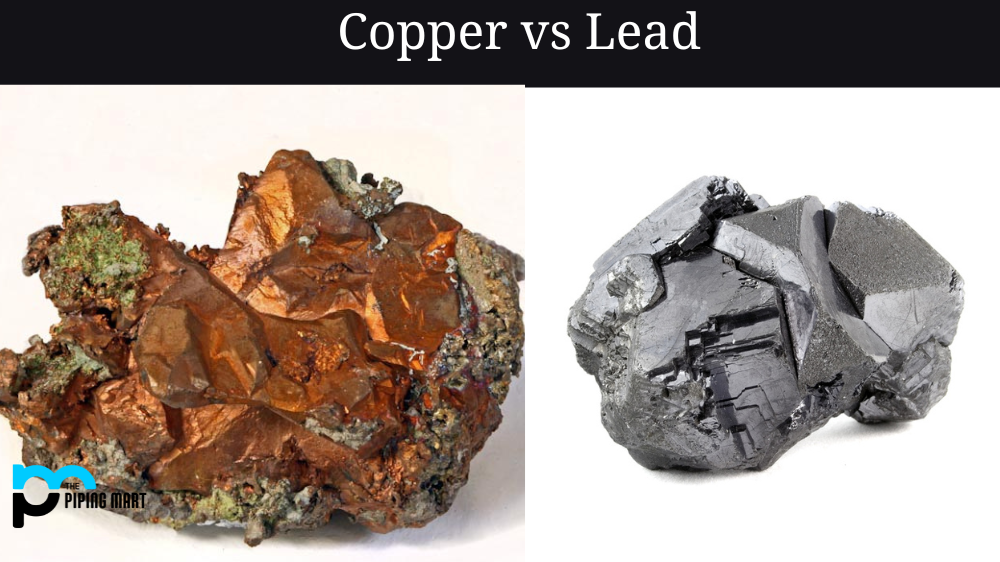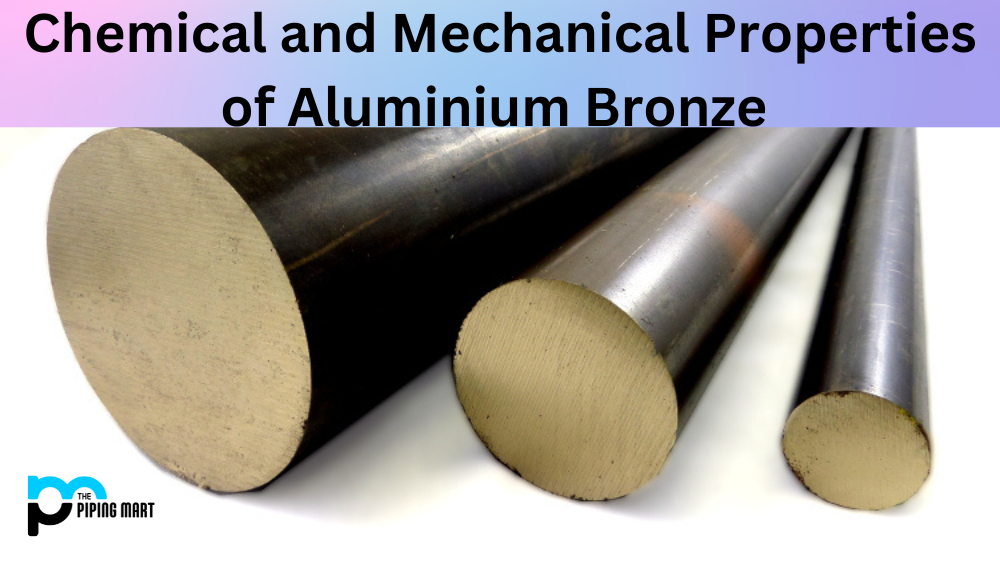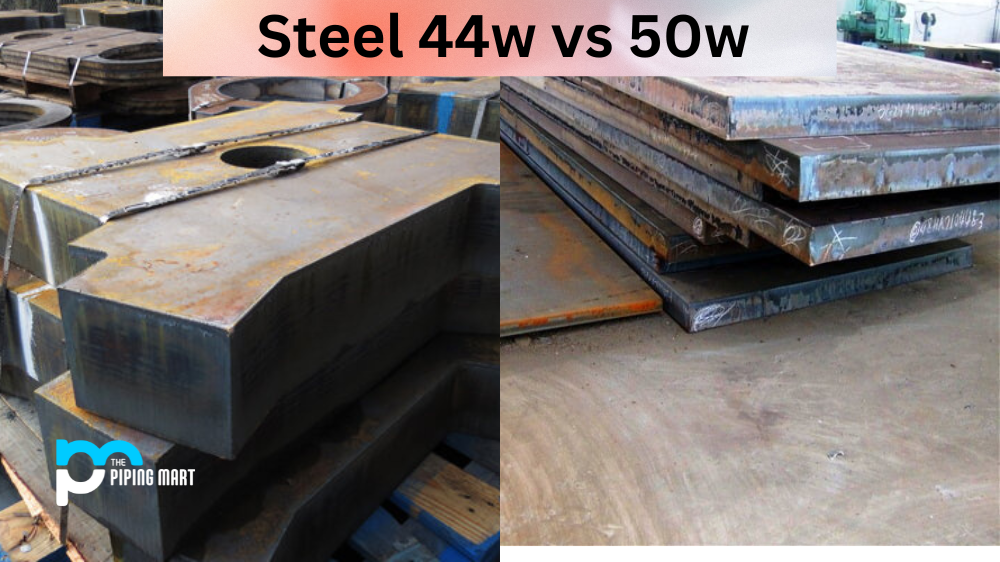We often hear copper and lead tossed around when discussing plumbing, wiring, and other home improvement projects. But what’s the difference between the two? Which one is better for your project? Let’s take a closer look at the advantages and disadvantages of each type of metal to help you decide whether to use copper or lead for your next DIY project.
What is Copper?
Copper is a non-magnetic metal used in construction since ancient times. It’s an excellent conductor of heat and electricity, making it a popular choice for applications ranging from electrical wiring to plumbing. Copper is also highly corrosion-resistant and relatively inexpensive, making it ideal for interior and exterior applications.
What is Lead?
Lead has been used in construction since ancient times, but its popularity has declined recently due to health concerns associated with lead poisoning. Despite this, lead can still be found in some older homes and specialty applications such as radiation shielding and soundproofing. While copper is less effective than copper in conducting electricity and heat, lead does have some advantages over its rival metal, including higher durability, greater malleability, and lower cost.
Advantages & Disadvantages
The key advantage of using copper is its superior conductivity compared to lead; this makes it ideal for electrical wiring projects. Copper is also more resistant to corrosion than lead, making it suitable for indoor and outdoor applications. Unfortunately, copper can be expensive compared to lead and may require specialized tools for installation. On the other hand, lead offers greater durability thanks to its ability to withstand extreme temperatures without becoming brittle or breaking down; however, this same property makes it unsuitable for any application that involves human contact due to potential health risks associated with exposure to lead particles. Additionally, while cheaper than copper, upfront costs can become prohibitive due to installation requirements such as adhesives or soldering materials needed for adequately installing this metal type.
Difference Between Copper and Lead
Copper and lead are both metals that have many similarities, but also distinct differences. They both have the ability to be molded into intricate items, such as jewelry and wires. However, copper is a much lighter metal than lead; it expands when it comes into contact with heat and has bright reddish-orange color due to its high levels of reactivity. Lead on the other hand is heavier and more dense than copper; it’s malleability makes it ideal for plumbing supplies as well as for weapons due to its ability to hold a shape without buckling. Copper can corrode and tarnish quickly, while lead will remain relatively unchanged over time in a wide variety of environments. It is important to understand the difference between copper and lead when choosing materials for construction projects or deciding which metal should be used in certain applications.
- Copper is a mineral found in the earth’s crust.
- Lead is a metal found in the earth’s crust.
- Copper is used in electrical wiring and plumbing.
- Lead is used in batteries and ammunition.
- Copper is essential for human health.
- Lead can be harmful to human health.
- Copper is recyclable.
- Lead is not recyclable
Conclusion:
When it comes down to choosing between copper or lead for your next home improvement project, many factors must be considered before deciding which material will best suit your needs. Whether you choose copper or lead, you’ll need specialized tools and knowledge of how each metal behaves to safely complete your project without any issues arising down the line due to poor workmanship or improper material selection. Ultimately selecting between these two metals comes down to weighing the pros and cons based on your specific needs; this guide will help you make an informed decision when selecting either copper or lead for your next home improvement task!

Abhishek is a seasoned blogger and industry expert, sharing his insights and knowledge on various topics. With his research, Abhishek offers valuable insights and tips for professionals and enthusiasts. Follow him for expert advice on the latest trends and developments in the metal industry.




